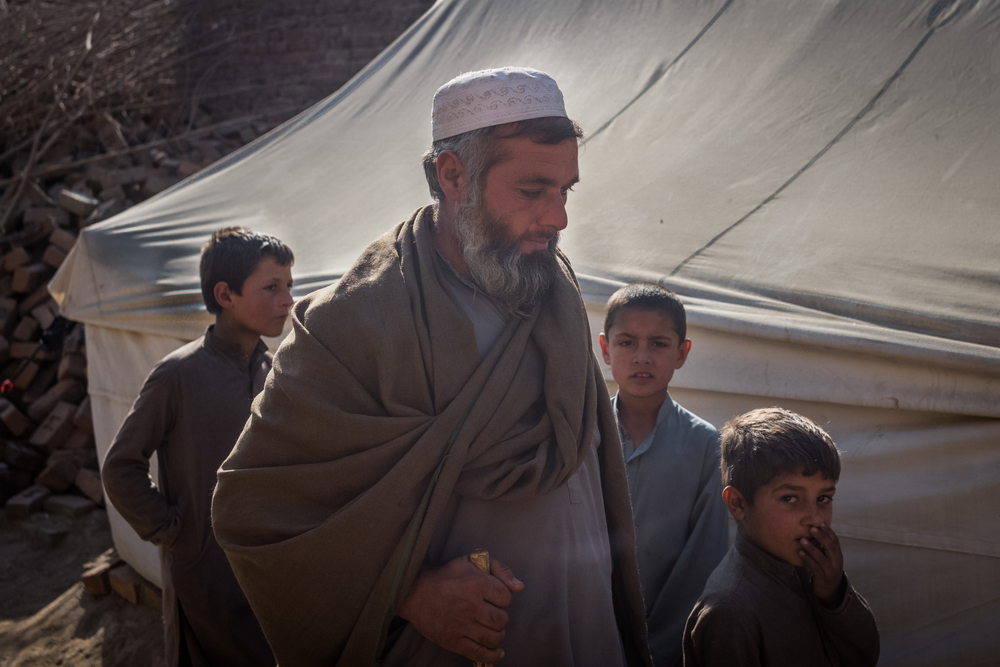Thirty-year-old Mohammad isn’t sure who shelled his home in eastern Afghanistan’s Khogyani District: Taliban insurgents, or fighters aligned with the so-called Islamic State.
But when a rocket-propelled grenade struck three months ago, killing some of his livestock, he knew he could no longer stay.
“We had to leave that night. The battle had reached our doorsteps,” Mohammad said, standing outside his family’s new home: a bare, single room in a compound set amid tents and shanty homes near Jalalabad, the capital of the eastern province of Nangarhar.
This area, less than 100 kilometres from Mohammad’s former home, is among hundreds of patchwork settlements that have proliferated throughout Afghanistan over the last five years, fed by a steady surge of people uprooted by an intensifying conflict and others pushed back from neighbouring countries.
The displaced and the returnees throng together in swelling districts like Behsud, which curves around urban Jalalabad. In settlements spreading over once-barren land, people live clustered in tents, hastily built structures, or under the open sky.
Their number has doubled over the past five years to more than 600 in the country’s worst-hit provinces, according to aid groups. In Nangarhar Province, wracked by insecurity and a prime destination for people returning from neighbouring Pakistan, almost one million people now live in these haphazard settlements – a figure that doubled over only seven months last year.
One in three people in Nangarhar is now either displaced or a returnee, with some 369,000 in Behsud alone, according to a recently released International Organisation for Migration survey. Each week, new violence brings more arrivals. Aid organisations can’t keep up, and the government has often stumbled in providing even basic support; food, shelter, and other fundamental needs are in short supply.
Analysts warn that the consequences of such widespread displacement may be felt for generations, as poverty rises and education rates fall.
Read full report on IRIN
